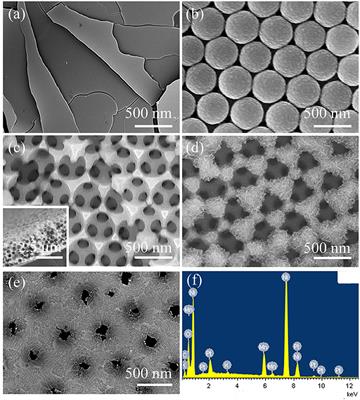EDITORIAL
Published on 21 Feb 2020
Editorial: Catalysts for Clean Energy Conversion and Storage
doi 10.3389/fmats.2020.00043
- 1,630 views
- 3 citations
7,588
Total downloads
37k
Total views and downloads
You will be redirected to our submission process.
EDITORIAL
Published on 21 Feb 2020
ORIGINAL RESEARCH
Published on 21 Nov 2019
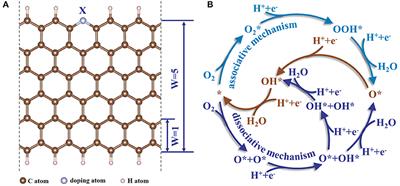
ORIGINAL RESEARCH
Published on 01 Nov 2019
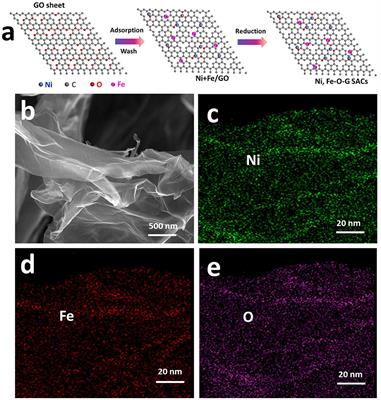
ORIGINAL RESEARCH
Published on 25 Oct 2019
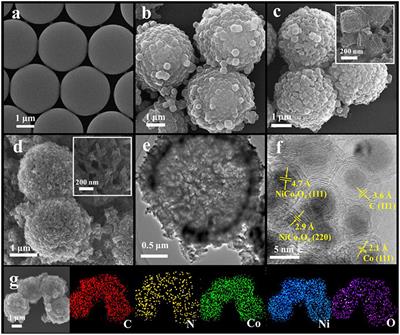
ORIGINAL RESEARCH
Published on 09 Oct 2019
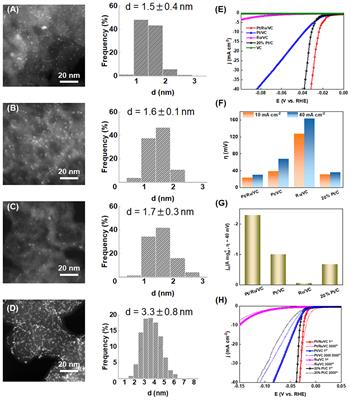
ORIGINAL RESEARCH
Published on 04 Oct 2019

ORIGINAL RESEARCH
Published on 13 Sep 2019
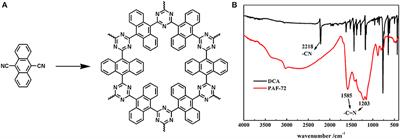
ORIGINAL RESEARCH
Published on 10 Sep 2019
